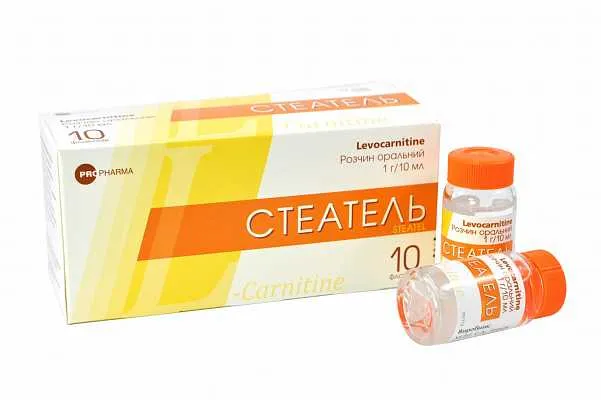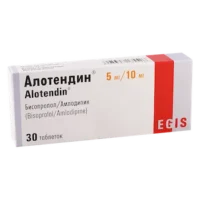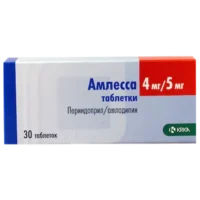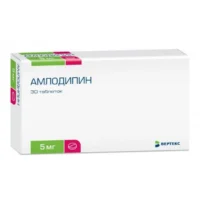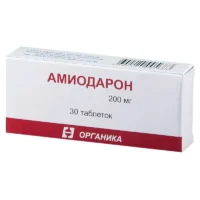Description
Steatel (levocarnitine) Oral Solution 1 g/10 ml Vials №10
Ingredients
- Active ingredient: Levocarnitine
- Other ingredients: Purified water, citric acid, sodium benzoate
Dosage
Recommended dosage: As directed by a healthcare professional. Typically, 1 g (10 ml) orally per day.
Indications
- Indicated for: Levocarnitine deficiency, metabolic disorders, chronic kidney disease
Contraindications
Do not use if: Allergic to levocarnitine, have seizure disorders, or are pregnant without medical advice.
Directions
How to use: Administer orally. Shake well before use. Follow the dosage instructions provided by your healthcare provider.
Scientific Evidence
- Levocarnitine plays a crucial role in energy production by transporting fatty acids into the mitochondria for beta-oxidation.
- Studies have shown its effectiveness in treating carnitine deficiency syndromes and improving exercise performance in certain populations.
Additional Information
- Consult your healthcare provider before using this product, especially if you have a history of seizures or kidney disease.
- Keep out of reach of children. Store at room temperature away from moisture and heat.
Overall, “Steatel (levocarnitine) oral solution 1 g/10 ml. vials №10” offers a convenient and effective way to address levocarnitine deficiency and related conditions. Its well-established pharmacological action makes it a valuable option in managing metabolic disorders and improving overall health.

